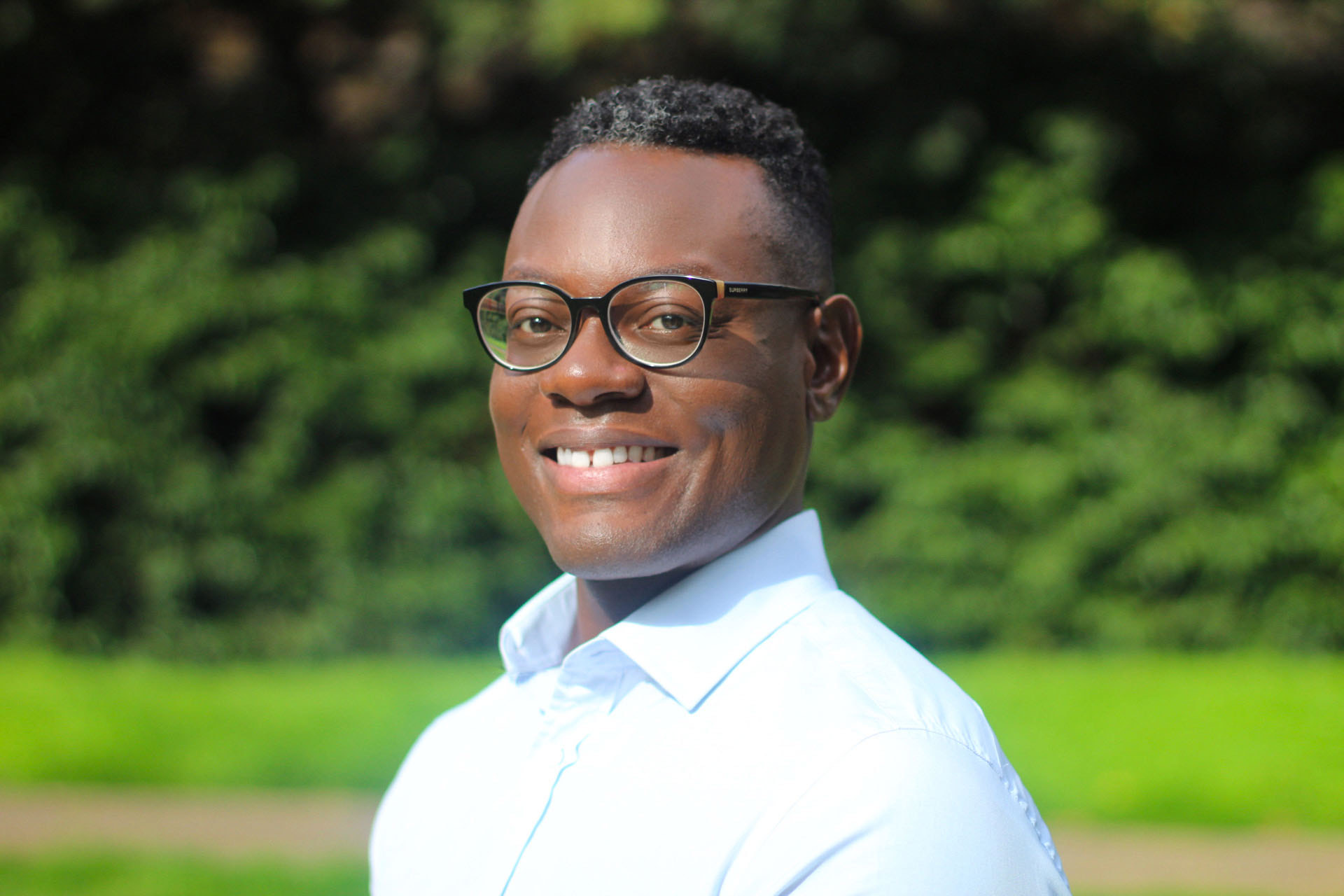Anthony Davis is a therapist in SE1 and SW8
What attracted you to become a therapist?
Since my teenage years, I have enjoyed talking to people and helping them work through their problems and concerns. Through this process, I realised I could help them move forward and make changes in their lives. This interested me greatly and fostered my pursuit of a career in therapy.
Where did you train?
I studied a BA Hons in Psychology and a Masters in Clinical Social Work in the United States. I further completed a Diploma in Contemporary Psychotherapy, and Post-graduate certifications in Psychological Studies and Cognitive Behavioural Therapy in the United Kingdom.
Can you tell us about the type of therapy you practise?
The approach to my practice is integrative which allows me to draw from various therapeutic modalities to tailor therapy to my client's individual and unique needs. Some modalities I utilise include CBT, mindfulness, person-centred, existential, psychodynamic and solution-focused.
I chose an integrative model because, as individuals, we have different needs when looking for therapeutic support. I strongly believe that therapy can provide beneficial improvements in mental wellbeing and the decision making that is right for us.
The client should be at the centre of the therapeutic process, and my role is to help my clients find their own meaning. Through and integrative approach to therapy, clients can develop the coping skills necessary to manage life's difficulties, whilst also being supported to access the pertinent support networks and resources necessary to sustain overall wellbeing.
What sort of people do you usually see?
I work with adults aged 18 and up. Most of my clients are of Black and Minority Ethnic background presenting with difficulties in relation to depression, anxiety, stress and relationships.
I also work with many LGBT+ clients who are navigating the spectrum of sexual orientation and discovering their gender identity. Some of my clients have experienced discrimination due to their race/ethnicity or sexual orientation/gender identify. My work with these clients entails helping them to manage the trauma of their experiences, and supporting them move forward to a more positive future.
What do you like about being a therapist?
As a therapist, it is truly a privilege guiding my clients along their journeys of growth, self-discovery, and meaning-making in their lives.
What is less pleasant?
Being a therapist can be mentally and physically demanding. It is important for me that I consider my self-care and engage in activities of interest.
How long you've been with welldoing.org and what you think of us?
I have been with welldoing.org for a few months now. I like the site and articles available to therapists.
Do you ever suggest books or apps to clients?
I do if I feel it would benefit my clients along their therapeutic journey. For example, if I am working with a client using CBT, I may use worksheets for homework, or guided mindfulness techniques.
What you do for your own mental health?
I enjoy running and going to the gym as often as possible. I also love travelling and exploring different countries and cultures.
You are a therapist in SE1 and SW8. What can you share with us about seeing clients in those areas?
Practising in the Vauxhall area has allowed me to work with clients from various ethnic and cultural backgrounds. Additionally, my clients appreciate that my consultation rooms are accessible to both public transport and driving**.**
What's your consultation room like?
My consultation rooms are bright and welcoming and provide a comfortable and confidential space for my clients.
What do you wish people knew about therapy?
Therapy can vary in scope and time-frame, from just a few sessions focusing on a specific concern or concerns, to 'deeper' and more far-reaching long-term therapeutic work which can last a year or more. The goal of therapy is to enable change and foster healing of the entire person.
What did you learn about yourself in therapy?
I have learned to develop acceptance of myself and compassion towards my human faults.

